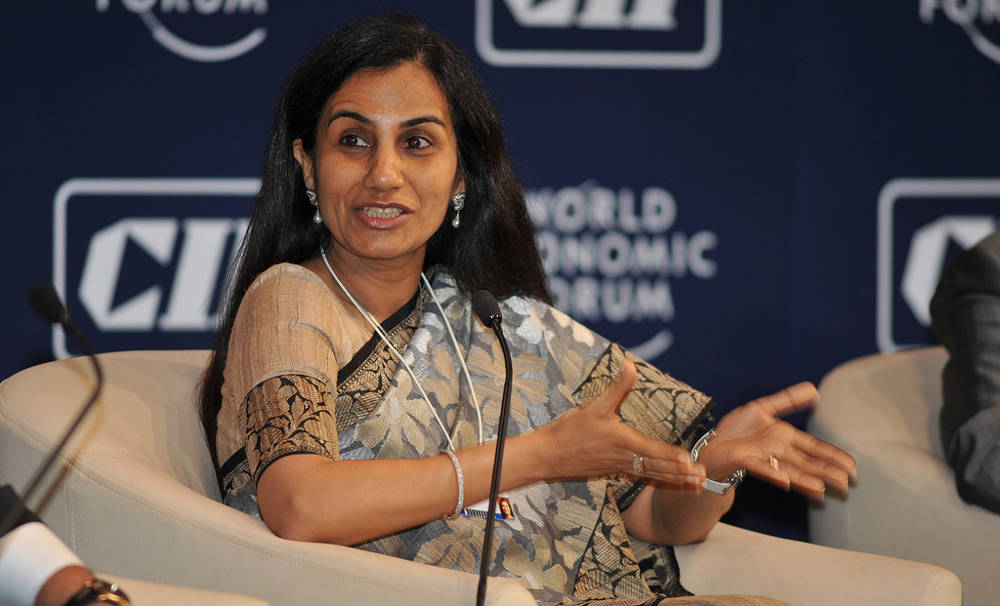The head of Indian online food delivery company emphasises resilience, drive, authenticity, and character in hiring, focusing on intrinsic personal qualities over technical skills
Rohan Kapoor, head of Swiggy Food Marketplace, has shed light on the key attributes he seeks in potential employees, underlining a focus on resilience, drive, authenticity, and strong character.
During a recent appearance on the Josh Talks Podcast, Kapoor articulated his belief that hiring transcends mere technical proficiency; it is more about nurturing individuals who embody these core qualities.
He stated emphatically, "Hiring is more art than science. You can have all the checklists in the world, but at the end of the day, teams aren’t built on bullet points, they’re built on people," highlighting his philosophy that effective teams are constructed around people, not just qualifications. Resilience stands out as one of the primary traits Kapoor prefers, reflecting his conviction that it is a predictor of how candidates will manage adversity in their professional roles. Kapoor said that the ability to navigate personal and professional challenges is indicative of a candidate's capacity to perform under pressure. Alongside resilience, the drive remains a critical attribute. Kapoor emphasised that while skills can be imparted, the intrinsic hunger and ambition that fuels an individual's success cannot be taught.
"You can teach skills, but you can’t teach drive. You can hand someone an opportunity, but you can’t make them hungry for it. And in an interview, you can almost always tell in the first few minutes," Kapoor remarked, pointing to the immediacy with which genuine motivation becomes evident. Authenticity also plays an essential role in Kapoor's hiring criteria. He stressed that within the first few minutes of an interview, it is usually apparent whether a candidate is genuine or projecting a façade. He values honesty and sincerity, as they often correlate with a candidate’s ability to blend well within a team. Kapoor’s approach diverges from conventional hiring practices that rely heavily on checklists and qualifications, instead valuing real human connections and interpersonal dynamics.
In addition to the aforementioned qualities, Kapoor places significant weight on character, believing it is equally as important as competence. He asserts that great teams are built on a foundation of strong character. This perspective suggests that while technical competence is necessary, it is the ethical and moral fibre of individuals that ultimately drives team success and cohesion.
Kapoor's approach positions character as a non-negotiable trait in his hiring decisions, underscoring the importance of personal integrity and ethical conduct. Kapoor's insights, shared via platforms like Instagram, reinforce his belief that successful teams are anchored by robust personal attributes rather than merely technical skills.
His hiring philosophy advocates for a balance, where the intrinsic qualities of resilience, drive, authenticity, and character are seen as the bedrock of high-performing teams. This perspective invites a broader industry reflection on how hiring practices can evolve to prioritise personal qualities alongside technical abilities, potentially leading to more cohesive and effective teams.









